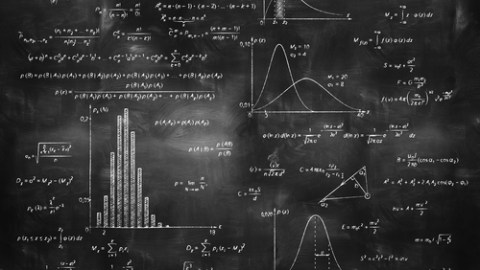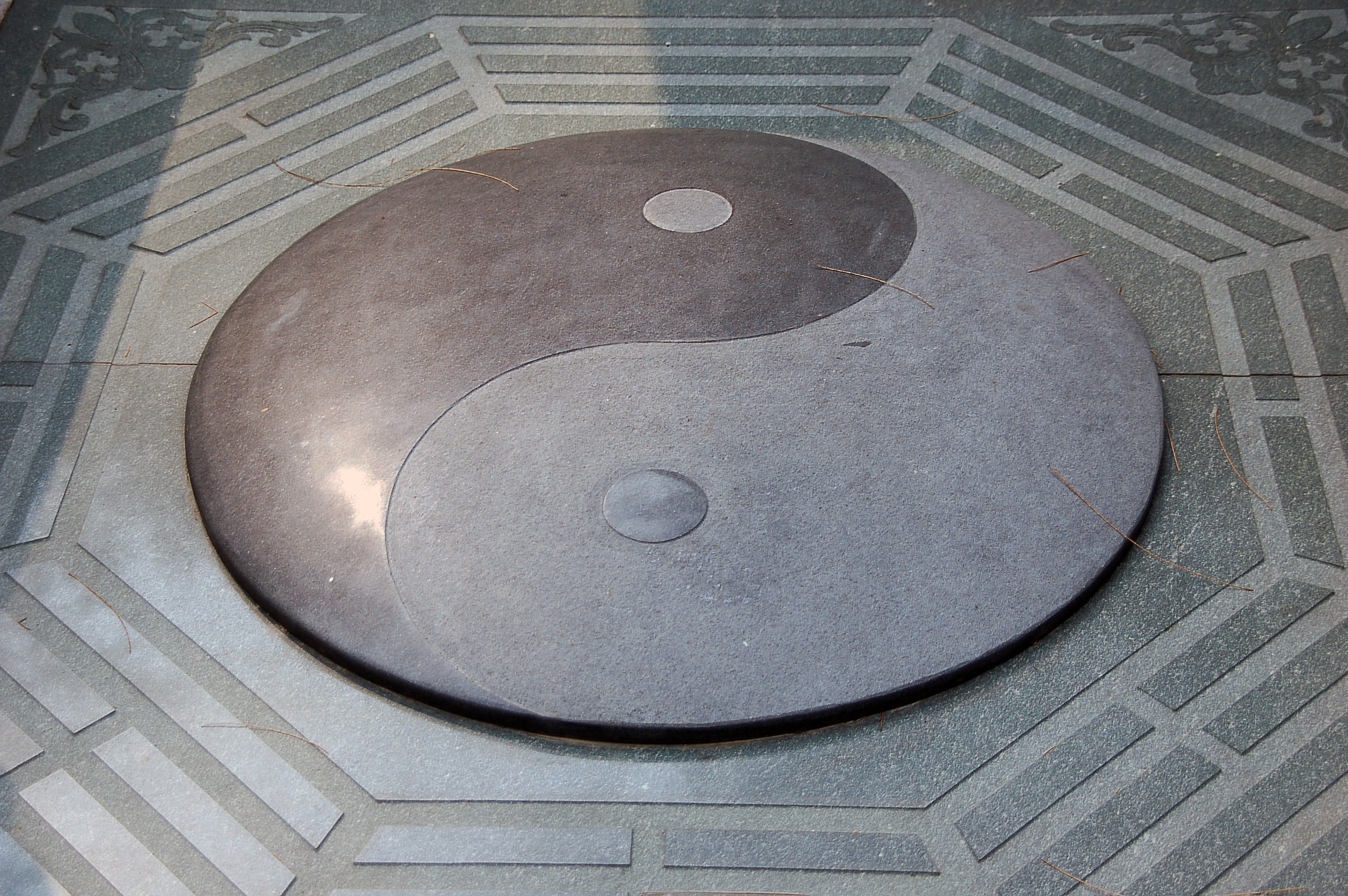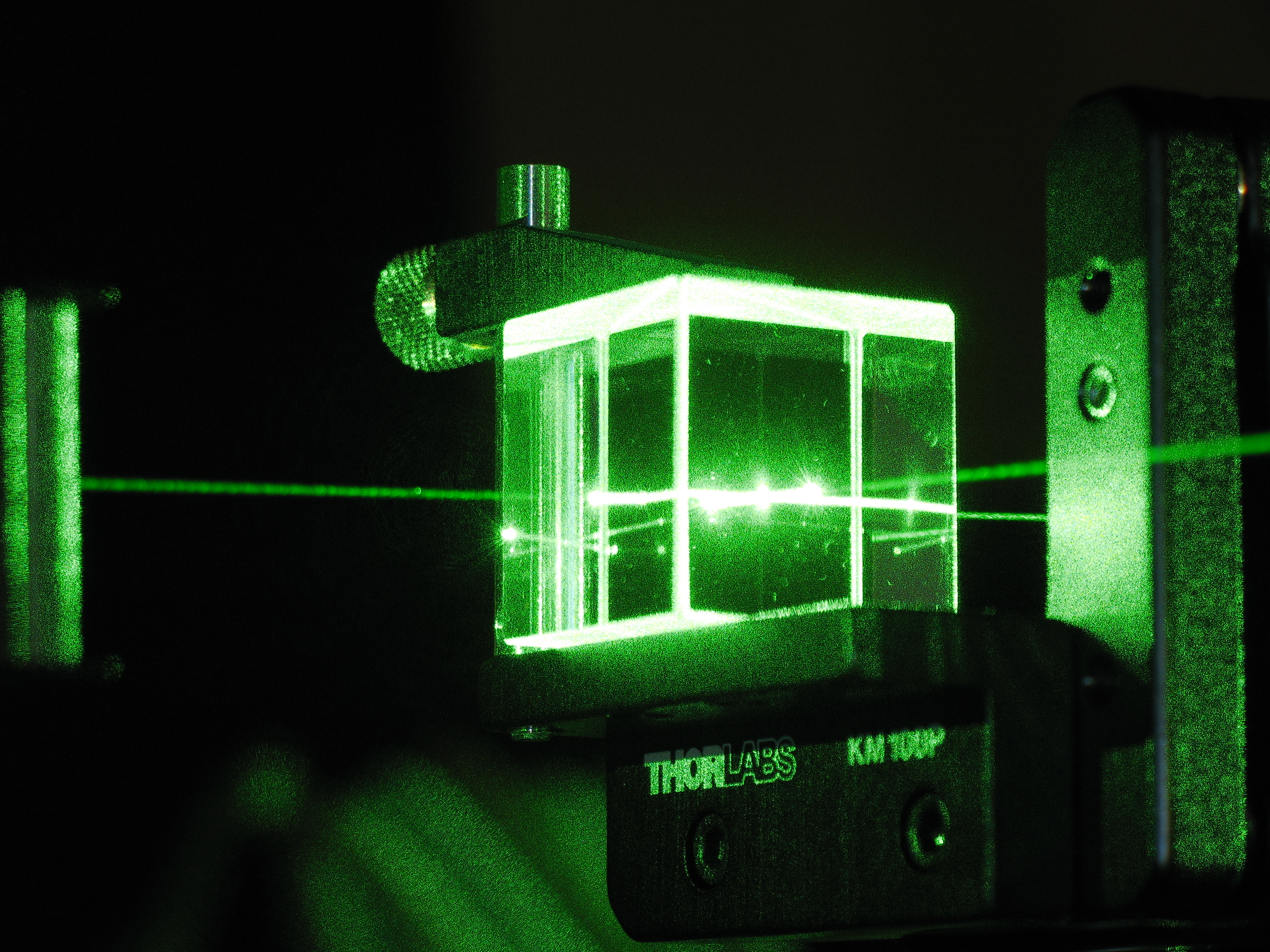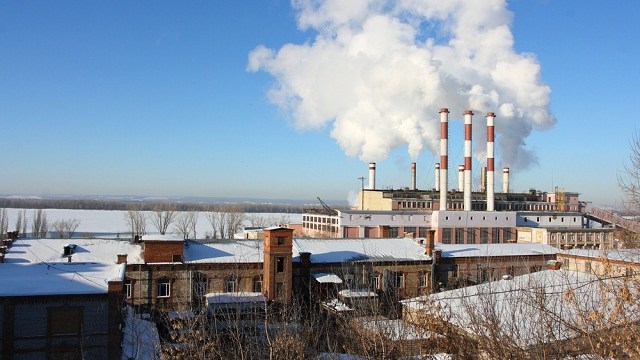Nobel Prize Awarded to Two Quantum Physicists

Congratulations to Drs. S. Haroche and D. Wineland for winning the Nobel Prize in Physics. (It may be too early for Peter Higgs to win the Nobel Prize for the Higgs boson. Maybe next year).
These two physicists got the Prize for doing experiments once thought to be impossible, i.e. studying single atoms and single photons (particles of light).
They proved the correctness of the bizarre properties of quantum mechanics, i.e. that electrons can be two places at the same time. Einstein himself hated this idea, but he was wrong on this one. It sounds preposterous that electrons and atoms can be in many states at the same time, but this is the foundation of modern civilizations. Lasers, transistors, computers, the internet etc. are all based on quantum mechanics. It has been tested to 1 part in 100 billion in accuracy, making it the most successful physical theory of all time. Except that it is based on feet of clay.
The idea that you can be in many places at the same time can be proven indirectly, by looking at the properties of many atoms, but testing it on single atoms and single photons was beyond reach. Until now.
Dr. Wineland put a single atom in a box, and then hit it with a photon of light.
Dr. Haroche did the opposite. He put a single photon in a box, and then hit it with an atom.
In both cases, the experiments verified quantum mechanics. So even though Einstein thought that quantum mechanics was “spooky”, he was wrong even at the individual atomic level (he once said that the more successful quantum mechanics becomes, the sillier it looks). There are also practical implications of their work. One day soon, silicon power will be exhausted, and Moore’s Law (which states that computer power doubles every 18 months) will collapse.
Already, we can see the slowing down of Moore’s Law. If it flattens out entirely, then Silicon Valley could become a Rust Belt.
We need a replacement for silicon, which cannot sustain calculations at the atomic level. Molecular transistors are one possibility, but so are quantum computers, which computer on individual atoms. So one day, perhaps the work of these Nobel laureates may help us to create quantum computers which will form the foundation of all modern computations and the basis of the world economy.
This also has philosophical implications. Many physicists now lean toward the Many Worlds interpretation of quantum mechanics. So if the electron can be in two places at the same time, it means that the universe has split into two universes.
So quantum mechanics naturally predicts a multiverse of universes, no matter how strange or bizarre. (But this does not mean that we are going to enter the Twilight Zone of possible universes. The probability of entering one of these parallel universes is astronomically small, so relax. But it does means that perhaps Elvis is still alive in one of these quantum universes.)





